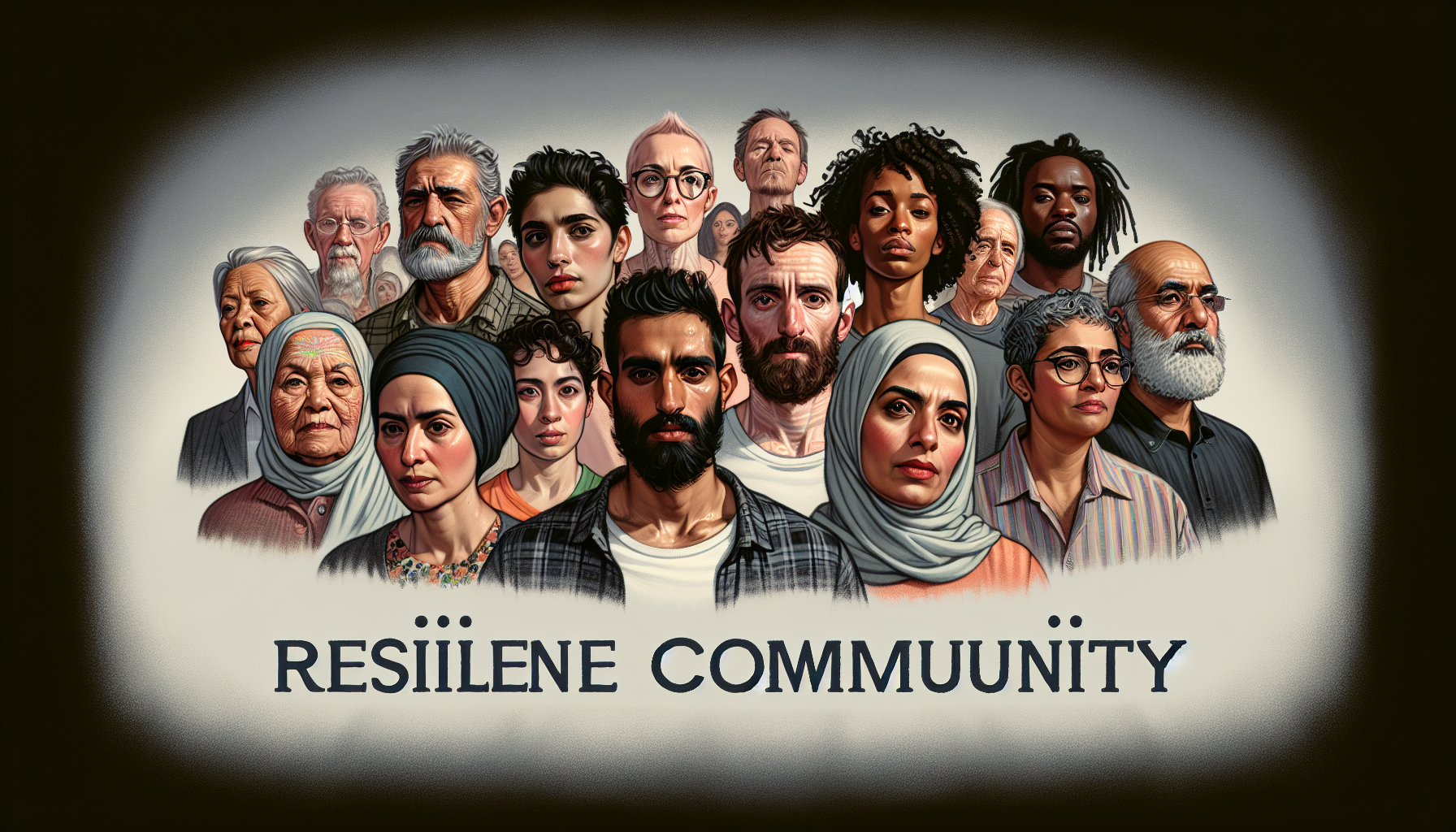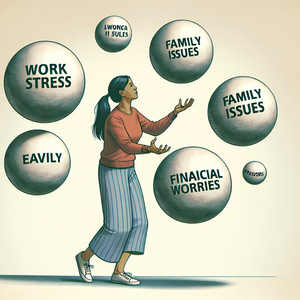The Art of Client Relationships: Turning Gigs into Long-Term Partnerships

Client relationships form the cornerstone of a thriving freelance career. Unlike traditional employment where job security is tied to an employer, freelancers must establish their own safety net through repeat clients. Strong relationships not only enhance job stability but also cultivate trust, leading to increased referrals and an esteemed reputation within the industry. A study by the Freelancers Union underscores this sentiment, revealing that 79% of freelancers prefer working with clients they have previously established relationships with. This statistic highlights the critical importance of nurturing these connections for long-term success.
Strategies for Nurturing Client Relationships
Freelancers can implement several strategies to nurture client relationships effectively.
1. Excellent Communication
Effective communication is paramount in maintaining strong client relationships. Freelancers should prioritize being responsive, clear, and professional in all interactions. By providing regular updates, progress reports, and feedback mechanisms, clients feel involved and valued. For example, a graphic designer might implement weekly check-ins during a project to discuss adjustments or gather feedback, demonstrating their dedication to meeting client needs.
2. Delivering Exceptional Value
To elevate a one-time gig into a long-term partnership, freelancers must consistently deliver exceptional work that surpasses client expectations. This can be achieved by going the extra mile—providing additional insights, offering creative solutions, or meeting deadlines ahead of schedule. For instance, a writer could include a complimentary content strategy session with their article delivery, showcasing their investment in the client's success and reinforcing the value they bring to the table.
3. Follow-Up and Feedback
Once a project is completed, it is essential for freelancers to maintain engagement with clients. Following up to gather feedback demonstrates that their opinions are valued. A simple email thanking the client for the opportunity while soliciting their thoughts on the work completed can strengthen the bond. Such gestures signal to clients that the freelancer is genuinely interested in their satisfaction and is committed to ongoing improvement.
4. Building Personal Connections
Establishing a personal rapport with clients can significantly enhance the relationship. Freelancers should take the time to learn about their clients’ businesses, interests, and goals. Personal touches, such as remembering a client’s birthday or acknowledging significant business milestones, can foster a sense of loyalty and connection. For example, a web developer might send a congratulatory note when a client launches a new website, reinforcing their ongoing partnership and demonstrating that they care beyond just the project at hand.
5. Establishing Clear Agreements
A frequent pitfall in freelance work is the ambiguity surrounding project scope, payment terms, and deadlines. To mitigate misunderstandings, freelancers should establish clear contracts and agreements that outline all aspects of the work. This practice not only protects both parties but also conveys professionalism. When clients feel secure in their agreements, they are more likely to return for future projects, knowing that their interests are safeguarded.
Transforming one-time gigs into long-term partnerships is both an art and a science, requiring dedication, strategic thinking, and effective communication. By focusing on nurturing strong client relationships, freelancers can cultivate a stable and rewarding career that thrives on repeat business and referrals. As the freelance landscape continues to evolve, those who prioritize client connections will find themselves at a distinct advantage, paving the way for sustained success in the competitive gig economy. By mastering the art of client relationships, freelancers not only enhance their professional lives but also contribute to a more collaborative and supportive industry, embodying the essence of transforming side hustles into sustainable careers. By implementing these strategies, freelancers can turn their gigs into long-term partnerships, ensuring career growth and stability in an ever-changing market.
Freelance Project Manager
Freelance platforms like Upwork and Fiverr, marketing agencies, consulting firms
Core Responsibilities
Oversee multiple freelance projects from inception to completion, ensuring they meet client specifications and deadlines.
Facilitate communication between clients and freelancers, resolving any issues that arise during project execution.
Develop and maintain project timelines, budgets, and resource allocations to ensure efficiency.
Required Skills
Strong organizational and multitasking abilities to manage various projects simultaneously.
Excellent interpersonal and communication skills to foster relationships with clients and freelancers.
Proficiency in project management tools such as Asana, Trello, or Monday.com.
Client Success Manager (Freelance Services)
Startups, SaaS companies, freelance agencies
Core Responsibilities
Act as the primary liaison between freelance providers and clients, ensuring satisfaction and retention.
Analyze client feedback and performance metrics to identify areas for improvement and growth.
Develop onboarding processes for new clients and facilitate training sessions for freelancers.
Required Skills
Strong analytical skills to interpret client data and feedback effectively.
Proven experience in client-facing roles, demonstrating a history of building and maintaining relationships.
Familiarity with CRM tools such as Salesforce or HubSpot.
Freelance Marketing Consultant
Marketing agencies, small businesses, startups
Core Responsibilities
Develop tailored marketing strategies for clients based on their unique goals and target audiences.
Conduct market research and analysis to inform campaign decisions and adjustments.
Provide ongoing support and recommendations to ensure the client's marketing efforts are effective and aligned with their business objectives.
Required Skills
Strong understanding of digital marketing channels, including SEO, social media, and content marketing.
Excellent communication and presentation skills for articulating strategies to clients.
Experience with analytics tools like Google Analytics and social media insights platforms.
Freelance Graphic Designer
Creative agencies, tech startups, businesses in need of visual branding
Core Responsibilities
Create visual content that meets client specifications, including branding, logos, and marketing materials.
Collaborate with clients to understand their vision and translate it into actionable design concepts.
Revise designs based on client feedback while maintaining project timelines.
Required Skills
Proficiency in design software such as Adobe Creative Suite (Photoshop, Illustrator, InDesign).
Strong attention to detail and a creative mindset to bring unique ideas to life.
Experience in managing client relationships and understanding their design needs.
Freelance Content Strategist
Digital marketing agencies, brands with content marketing efforts, freelance platforms
Core Responsibilities
Develop comprehensive content plans tailored to client goals, including blogs, articles, and social media posts.
Conduct keyword research and competitive analysis to inform content creation and enhance SEO.
Collaborate with writers and designers to ensure cohesive and engaging content delivery.
Required Skills
In-depth understanding of content marketing principles and SEO best practices.
Strong writing and editing skills, with a portfolio showcasing diverse content types.
Ability to analyze content performance metrics and adjust strategies accordingly.


